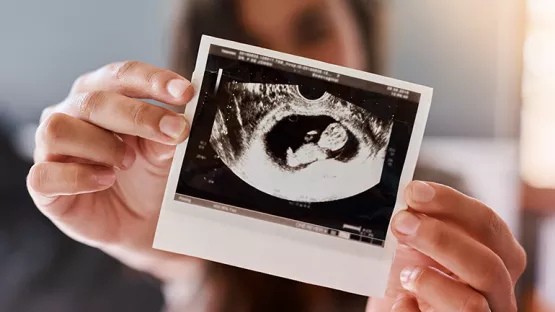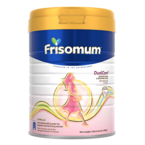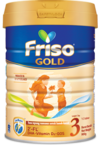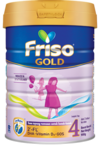What are Confinement Centres and How to Choose One
After the experiences of pregnancy and childbirth, mothers are yet aga.... read more

During the first 7 days of pregnancy, you may notice missed periods, as it is the biggest indication of a possible pregnancy. At this point of time, your little one is as small as a single-cell egg, and your body is preparing itself for the many months to come. This is where you begin making a change for the growing little one, adopting a more well-balanced diet and healthy lifestyle. If you are now at this stage of pregnancy, learn more in our week 1 of pregnancy article about what you can do to prepare.
This is when ovulation usually begins, which means that you are most likely to conceive a child within the first 14 days. During this time frame, you will not experience any pregnancy symptoms. But there are signs such as abdominal pain and breast tenderness. If you are now at this stage of pregnancy, learn more in our week 2 of pregnancy article about what you can do to better prepare.
At week 3 of your pregnancy, your child is just starting to become an embryo. Up until now, your developing fetus was referred to as a zygote, which is the fertilised egg that contains the DNA of each parent. The zygote is a single cell that multiplies to become a blastocyst, which is a bigger cluster of cells that has an outer layer and an inner layer. The inner layer will become your child, and the outer layer will become the placenta. It takes about six days for the blastocyst to make its way to your uterus. Once it reaches your uterus, the blastocyst will start to burrow down into the uterine lining where it becomes an embryo.
After the blastocyst attaches to the uterus, three layers will form. They are the:
You probably won’t feel big changes taking place inside, or face any major pregnancy symptoms at week 3. Little did you know, your body has already started to create a friendly environment for the newly-fertilised egg. To provide nutrients to your fetus, your body will produce higher levels of hormones.
You may notice a few general pregnancy symptoms in the third week, such as:
You should continue eating well, exercise, and take pregnancy milk. In most cases, the third week of pregnancy is still too early to detect your child or fetus. Home pregnancy tests will not reveal a pregnancy until 3 to 5 days before or after a missed period. If your menstrual cycle is regular, then the first indication that you could be pregnant is missing your period. There are many other reasons for a delayed or missed period, and the only way to know for sure is to take a pregnancy test.
If your test is positive, calm down, and your next priority is to make an appointment with a doctor. You are just at the start of your pregnancy journey, but your doctor will be able to advise on the best way to take care of yourself and your child.
In the fourth week, you can expect your fetus to grow to the size of a poppy seed. This week also comes with hormonal changes, leading to symptoms such as bloating, unusual fatigue, and a heightened sense of smell. To not let these affect you, you need to have some “me” time to unwind and relax. On top of that, top up on vitamins and nutrients to help your body prepare for the weeks and months to come.
To address the specific needs of mums-to-be, maternal milk is often recommended as it helps balance both your and your child’s nutritional needs safely. We have formulated Frisomum® Gold with both mum and child in mind, and its unique Dual Care+ formula supports you on your pregnancy journey. Some of the vital nutrients that Frisomum® Gold provides you with include:
Vitamin D - Vitamin D is necessary for the absorption and utilisation of calcium and phosphorus1.
Calcium - Helps in the normal growth and development of bones and teeth2.
Vitamin B12 - Needed for red blood cell production and the healthy functioning of the nervous system3.
Folic Acid - Folic acid is essential for growth and division of cells. Folate plays a role in the formation of red blood cells. Folate helps to maintain the growth and development of the foetus4.
Iodine - Essential for the formation of thyroid hormones, which supports brain development5.
Low glycemic index - The glycaemic index (GI) is a rating system for foods containing carbohydrates. It shows how quickly food affects your blood sugar (glucose) level when eaten on its own. The low glycemic index (GI) could help the mother avoid being overweight during pregnancy.
When you consider pregnancy milk powder, it is also best to consider the origins of the milk, the process of manufacturing, and nutrient content as well as one which helps you control weight gain during pregnancy. Frisomum® Gold preserves the natural nutrients of the milk to give you what you need in your pregnancy journey. Now that you are aware of the importance of maternal milk/susu, check out what Frisomum® Gold has to offer now! The signs of pregnancy can differ from woman to woman. It is a good time to start building your support group for the motherhood journey ahead. When in doubt, please call on your relevant medical professional for advice.


